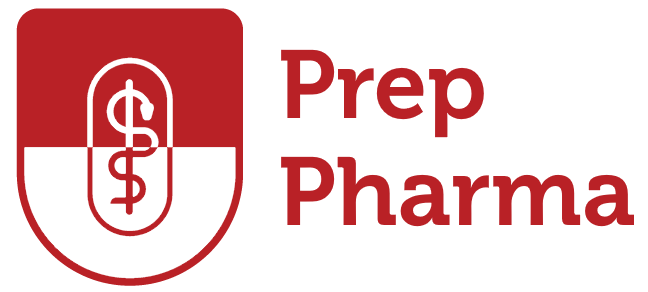
In Canada, many pharmacy laws and regulations govern and guide pharmacy practice. There are also established ethical standards and codes that pharmacists must adhere to in their day-to-day practice and interactions. It therefore becomes essential that internationally qualified pharmacy candidates undergoing the licensing process in preparation for their professional practice in Canadian pharmacy settings have a fundamental understanding and knowledge of applicable laws related to pharmacy practice as well as best ethical practices. In this blog, you will find everything that you need to know about pharmacy laws and ethics for your licensing exams.
Pharmacy laws and regulations can be established by both federal and provincial governments to ensure that pharmacists adhere to acceptable, legal, and safe practices as they provide and deliver various forms of care and services to community members in Canadian pharmacy settings. Among the laws and regulations that you need to become familiar with for your examination as well as for your professional practice are the laws put into place by Health Canada, including:
In addition to those acts, you will need to have an adequate understanding of drugs that are classified as controlled substances along with their corresponding schedules. For a summary of the acts that govern controlled substances, please refer to the “OCP regulation summary chart.”
Also, for those of you enrolled in either our MCQ course or Evaluating Exam course, you can access this information in a simplified and easy-to-remember format through our course content.
Codes of ethics in each province ensure that pharmacists follow recognized ethical standards for the best pharmacy practices. For instance, the Ontario College of Pharmacists (OCP) enforces a code of ethics and identifies principles that constitute best ethical practices, including:
In certain instances, failing to adhere to ethical standards may lead to a penalty. Adhering to the best ethical practices forms an integral part of providing the best healthcare services to patients as well as coordinating and collaborating with other healthcare providers.
Again, to reiterate, you will gain a better understanding of the laws and ethics of pharmacy practice by taking our MCQ and Evaluating Exam preparatory courses. To learn the key pieces of information that will aid you as you prepare, refer to our MCQ and Evaluating Exam course content.
Subscribe to receive email updates about free resources, news, and upcoming courses, and more!
